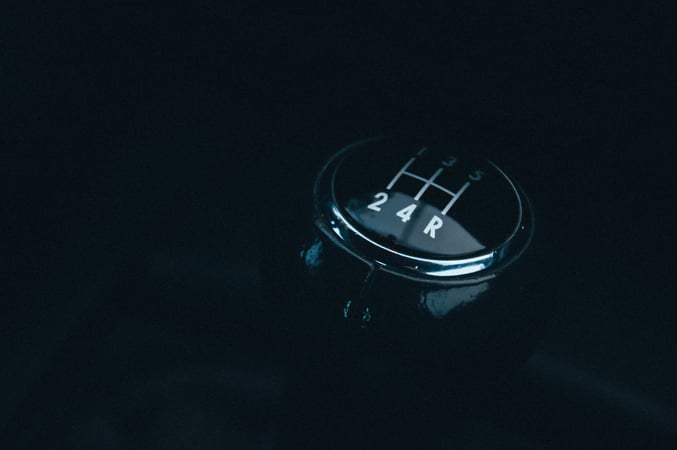
Every state varies slightly for car insurance. You’ll see different requirements and prices due to weather, theft rates, driving conditions and more. However, car insurance is a necessity, and it can save you thousands if the unexpected occurs. For residents of Texas, here are the things you’ll want to know before signing up for car insurance.
Insurance Requirements in Texas
The most important thing to know about the state of Texas is that car insurance is mandatory according to the law. You must provide proof of insurance when asked by a police officer, when in an accident, when car registration is renewed, when your car is inspected or when you get or renew your driver’s license. Other requirements are:
- You must have minimum liability coverage, which means
- Bodily Injury Liability with a minimum legal requirement of $30,000 per person and $60,000 per accident
- Property Damage Liability with minimum legal requirement of $25,000
- Personal Injury Protection with minimum legal requirement of $2,500 unless you reject coverage
- Uninsured Motorist Bodily Injury with a minimum legal requirement of $30,000 per person and $60,000 per accident unless you reject coverage
- Uninsured Motorist Property Damage with a minimum legal requirement of $25,000 and a $250 deductible unless you reject coverage
Optional Car Insurance Coverage
Having full coverage can be beneficial in certain circumstances. If it’s something you’re able to do, it can be worth it. Full coverage car insurance means comprehensive and collision coverage and typically uninsured and underinsured coverage in addition to medical payments coverage. Other optional car insurance coverage you may choose to invest in includes:
- Towing and labor
- Rental reimbursement
- Stereo equipment
First-time Texas Resident
If you’re moving to Texas, it’s important to note that the DMV (Department of Motor Vehicles) does not issue your driver’s license. Instead, you’ll need to contact the Department of Public Safety. You’ll also need to notify your current insurance carrier and have coverage switched to reflect your new address and state requirements.
Houston Car Insurance
Houston has one of the worst traffic scenes in the US. Houston is often in the top 5 for the worst traffic cities, which means your insurance should reflect that. High traffic equals higher risk of incidents. When you’re choosing coverage for your vehicle it’s important to factor in the risks of underinsuring yourself. Weigh the costs of what you would pay if you got in an accident versus what your monthly payment is. The choice is yours, but really look into all sides and possibilities.
Parents and Car Insurance
Your teen is going to cost you. Young drivers are considered high risk, but it’s wise to include them on your coverage rather than getting them their own. You’ll need to let your insurance company know if your teen is a primary driver on one of your vehicles—it will most likely change the pricing. You can try to reduce the coverage amount by having your teen take a Department of Public Safety-approved driving course.
Car Insurance for High-Risk Drivers or Drivers Who Have Been Denied Coverage
If you haven’t always made the best choices and have numerous tickets, accidents, a DWI/DUI, have a high-performance car or have insurance violations you may be denied coverage. If that happens, there are some things you can do, one of which is to purchase high-risk auto insurance.
How to Find the Best Car Insurance for You and Getting the Best Rates
Several factors affect your auto insurance rates. These include:
- Driving and accident record
- Age
- Claims history
- Where you live
- Where you store your vehicle
- Your credit score
- Your car, truck or SUV
- Whether you’ve ever driven uninsured
To get the best rates, see first if you can do anything to get discounts. Try to improve your record and do a policy renewal, take state-approved courses, repair your credit or buy a safe and moderate car.
When shopping for policies know your budget. How much can you spend monthly? Make sure you buy a vehicle that corresponds with that number. Decide on how much coverage you need. Check your driving record to make sure there’s nothing on there that doesn’t belong, or that will surprise you. Next, research reputable insurance sources. Get quotes from several so you can compare. Provide the required information and include features that may earn you discounts. Once you have your carrier, sign up and get covered.
Insurance can feel like wasted money, but it’s essential if something does actually happen. Make sure you are covered properly in the state of Texas, and that your coverage keeps you and your finances safe should the unexpected occur.




